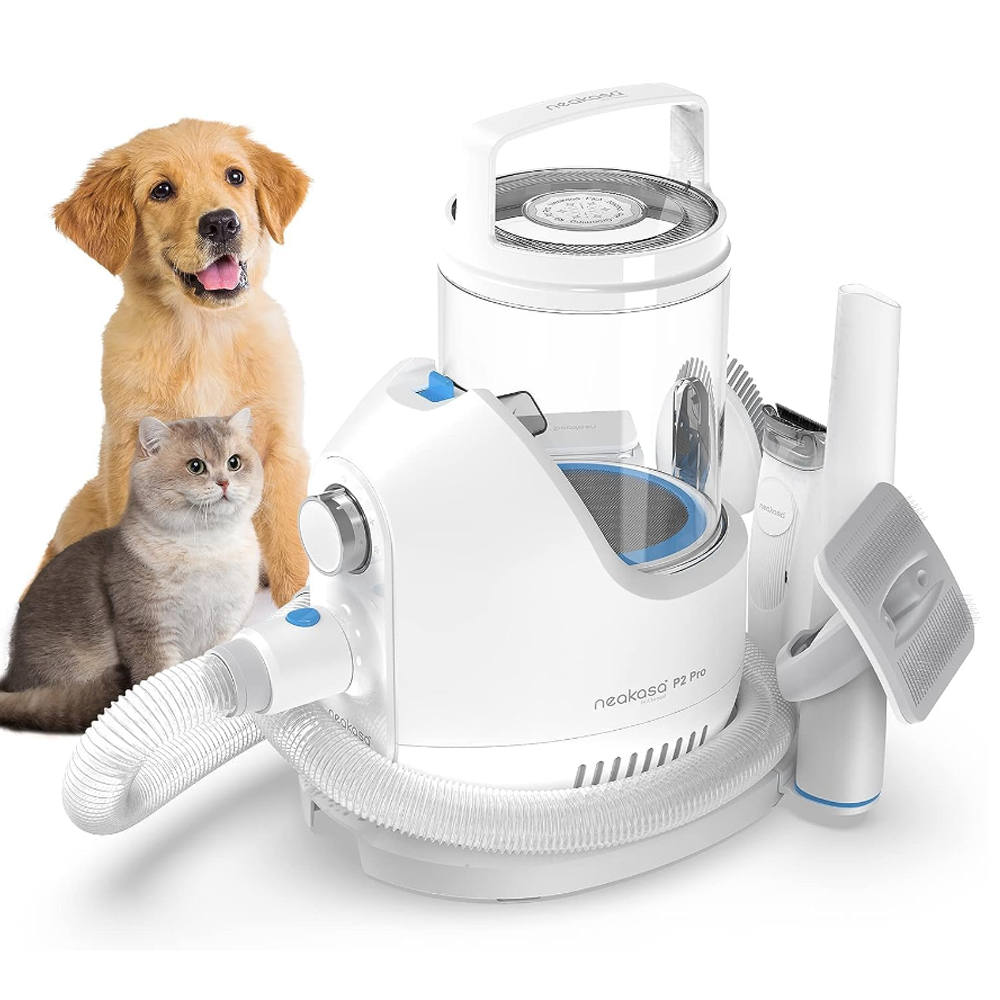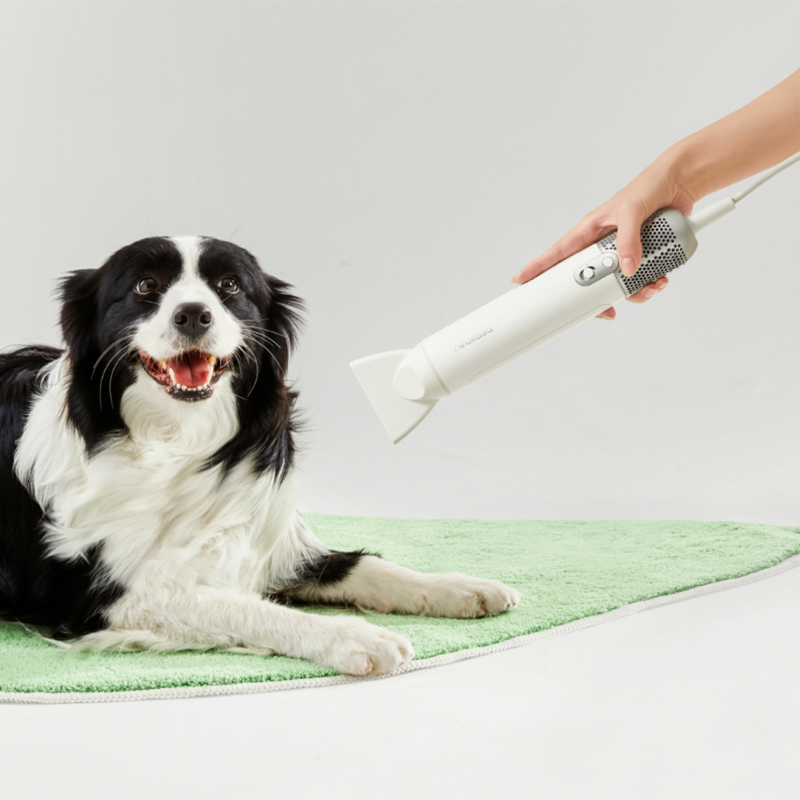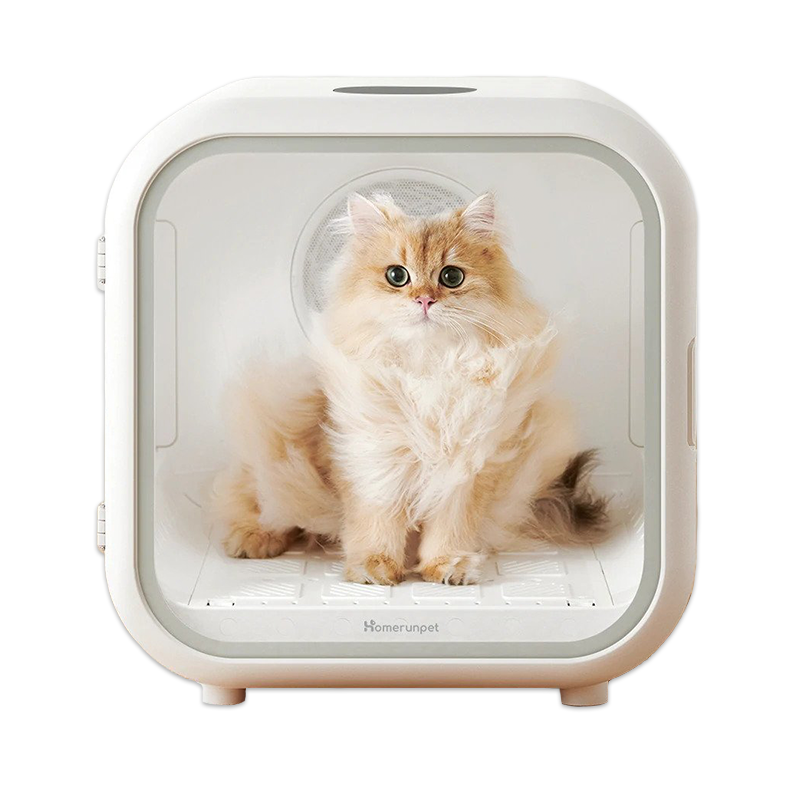As people age, they often experience loneliness, depression, and a lack of social interaction. These feelings can be exacerbated if they are also dealing with health issues or have lost loved ones. Pets can provide much-needed comfort and companionship to seniors, helping them to stay mentally and physically active. In this article, we will examine the ways in which pets can be beneficial to seniors, as well as discussing the challenges and benefits of pet ownership in later life.
Benefits of Pets for Seniors

Pets offer several benefits to seniors, including:
1. Companionship: Pets provide constant companionship, which is especially important for seniors who may be living alone. Dogs and cats are loyal animals that will always be by their owners' side, providing love and affection when it is needed most.
2. Stress relief: Research has shown that petting animals can reduce stress levels and lower blood pressure. Seniors who have pets can benefit from the calming effect that pets have on them.
3. Exercise: Dogs require regular walks, which can help seniors to stay active and improve their cardiovascular health. Walking a dog can also be a great way for seniors to get outside and socialize with other pet owners.
4. Mental stimulation: Pets provide mental stimulation for seniors, helping to keep their minds active and engaged. Playing with a pet can also be a fun way to pass the time.
5. Purpose: Having a pet can give seniors a sense of purpose and responsibility, which can be especially important if they are retired or have lost a sense of purpose in their lives.
Challenges of Pet Ownership for Seniors
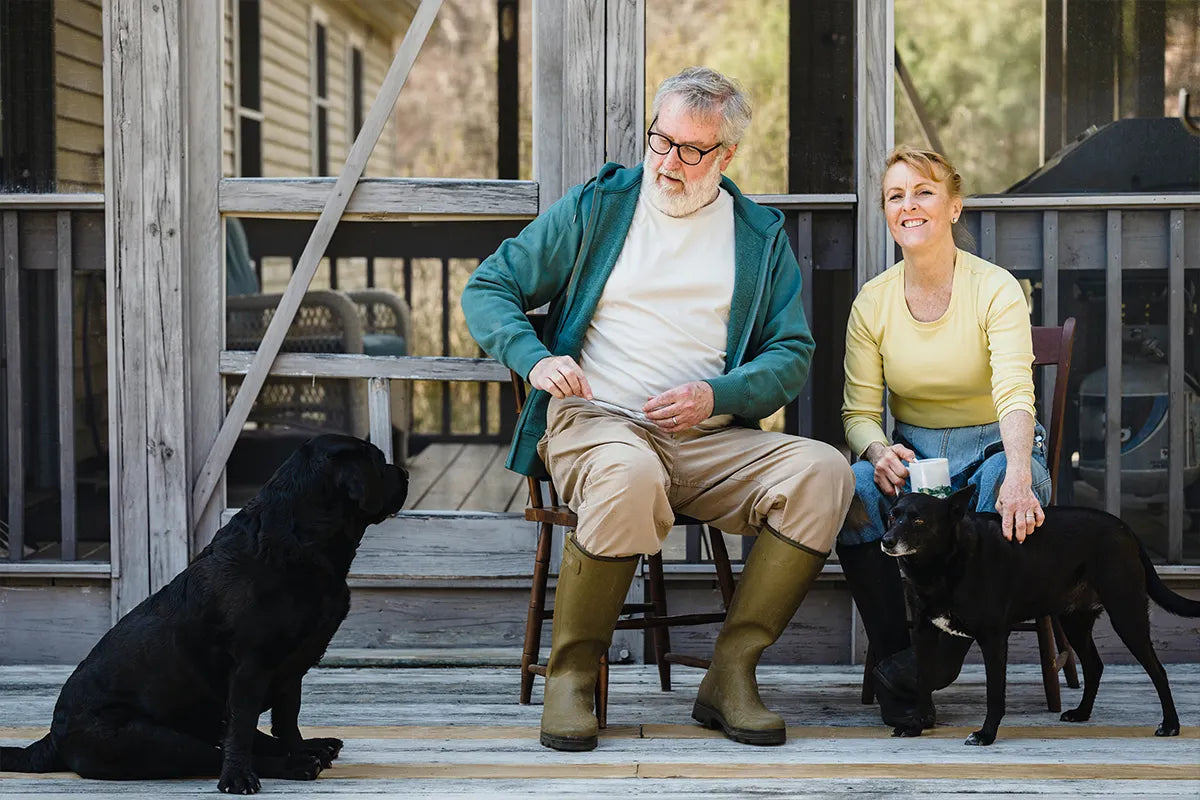
While there are many benefits to having a pet, there are also challenges that seniors may face when it comes to pet ownership. These challenges include:
- Financial constraints: Pets can be expensive, especially if they require regular veterinary care or medication. Seniors on a fixed income may struggle to afford the cost of pet ownership.
- Mobility issues: Seniors who have mobility issues may find it difficult to care for a pet. Dogs, for example, require regular walks, which may be challenging for seniors who have difficulty walking or require a mobility aid.
- Health concerns: Seniors who have health issues may be unable to care for a pet properly. They may be unable to clean up after a pet, take them to the vet, or give them medication.
- Housing restrictions: Some seniors live in retirement communities or assisted living facilities that have restrictions on pet ownership. This can make it difficult for seniors to have pets, especially if they are unable to move to a pet-friendly residence.
Benefits Outweigh Challenges
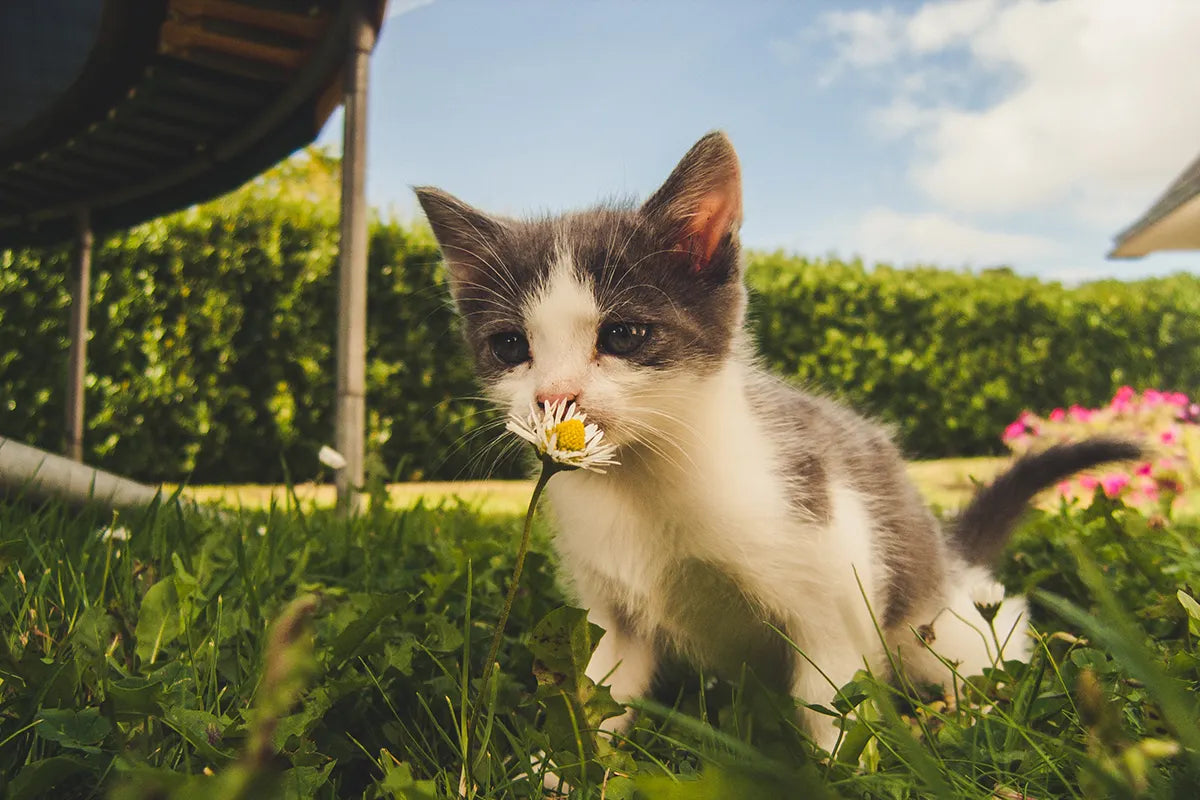
Despite these challenges, the benefits of pet ownership for seniors often outweigh the challenges. In fact, many seniors who own pets report feeling happier and more fulfilled because of their pets. Here are some additional benefits of pet ownership for seniors:
- Improved mental health: Seniors who have pets report feeling less depressed and less anxious than those who do not have pets. Pets provide a sense of purpose and companionship that can help seniors to feel less isolated and more connected to the world around them.
- Lower healthcare costs: Research has shown that pet owners have lower healthcare costs than non-pet owners. This may be due to the fact that pets provide companionship and can help to lower stress levels.
- Reduced risk of heart disease: Several studies have shown that pet owners have a lower risk of heart disease than non-pet owners. This may be due to the fact that pets provide companionship and encourage physical activity.
- Improved social life: Seniors who own pets often have a more active social life than those who do not have pets. They may interact with other pet owners at the dog park or in the neighborhood, which can help to reduce feelings of loneliness and isolation.
Best Pet Options for Seniors

When it comes to choosing a pet for a senior, it's important to consider their lifestyle, living situation, and ability to care for the animal. Here are some of the best pet options for seniors:
- Dogs: Dogs are loyal companions that provide excellent emotional support for seniors. They require regular walks, which can help seniors to stay active, but they also require a lot of care and attention.
- Cats: Cats are independent animals that are well-suited to seniors who may not be able to provide as much care and attention as a dog requires. They are also great companions that can provide comfort and companionship.
- Birds: Birds are low-maintenance pets that can provide excellent companionship for seniors. They are great for seniors who have mobility issues, as they do not require regular walks.
- Fish: Fish are low-maintenance pets that can provide a calming presence in a senior's home. They are great for seniors who may not be able to provide much care or attention.
Pet Therapy for Seniors
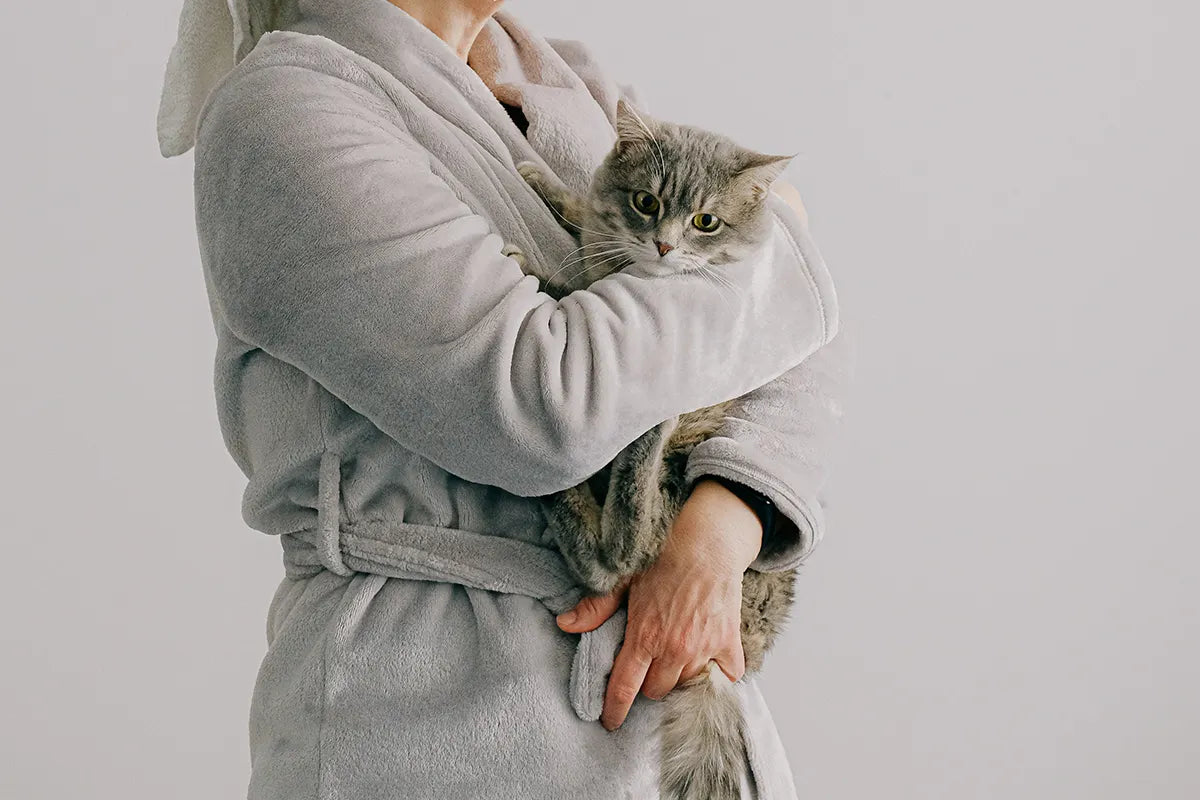
Pet therapy is a growing trend in elder care that involves using pets to provide emotional support and companionship for seniors. Pet therapy can involve visits from therapy animals or even having a pet live in an elder care facility. The benefits of pet therapy for seniors include:
- Reduced anxiety and depression: Pet therapy has been shown to reduce feelings of anxiety and depression in seniors, helping them to feel more relaxed and content.
- Improved physical health: Pet therapy can help seniors to stay physically active, which can improve their overall health and well-being.
- Increased social interaction: Pet therapy can provide opportunities for seniors to interact with other people and pet owners, helping to reduce feelings of isolation and loneliness.
Conclusion

Pets can provide a lot of benefits for seniors, including companionship, stress relief, exercise, mental stimulation, and a sense of purpose. While there are challenges associated with pet ownership for seniors, the benefits often outweigh the challenges. When choosing a pet for a senior, it's important to consider their lifestyle, living situation, and ability to care for the animal. Pet therapy is also a growing trend in elder care that can provide emotional support and companionship for seniors.
Share this with your fellow pet owners and feel free to leave a comment down below about how your pets helped you physically & emotionally too, we would also love to read them!
Sign up to our newsletter down below & follow us on Instagram @sgsmartpaw to stay up to date with our weekly blog articles!

Yazeed S
Yazeed is a passionate pet enthusiast and writer, specializing in informative and engaging articles about our furry friends. With his knowledge and love for animals, he strives to educate and inspire pet owners, making their lives happier and more fulfilling.
Most Recent Articles

Rainy Season Risks: Keeping Your Dogs & Cats Safe from Leptospirosis in Singapore
As Singapore's rainy season sets in, pet owners must remain vigilant against the heightened risk of leptospirosis, a potentially deadly disease that affects both dogs and cats. With recent observat...

Adopt Don’t Shop: The Importance of Supporting Adoption Centers & Rescues in Singapore (With List Included) This National Pet Month, let's celebrate the joy our furry friends bring into our liv...

Sleeping With Furry Friends: Should You Share Your Bed with Your Pets in Singapore?
Sleeping With Furry Friends: Should You Share Your Bed with Your Pets in Singapore? Sharing a bed with our pets is a common practice among pet owners, but is it really the best choice? This is a to...



































